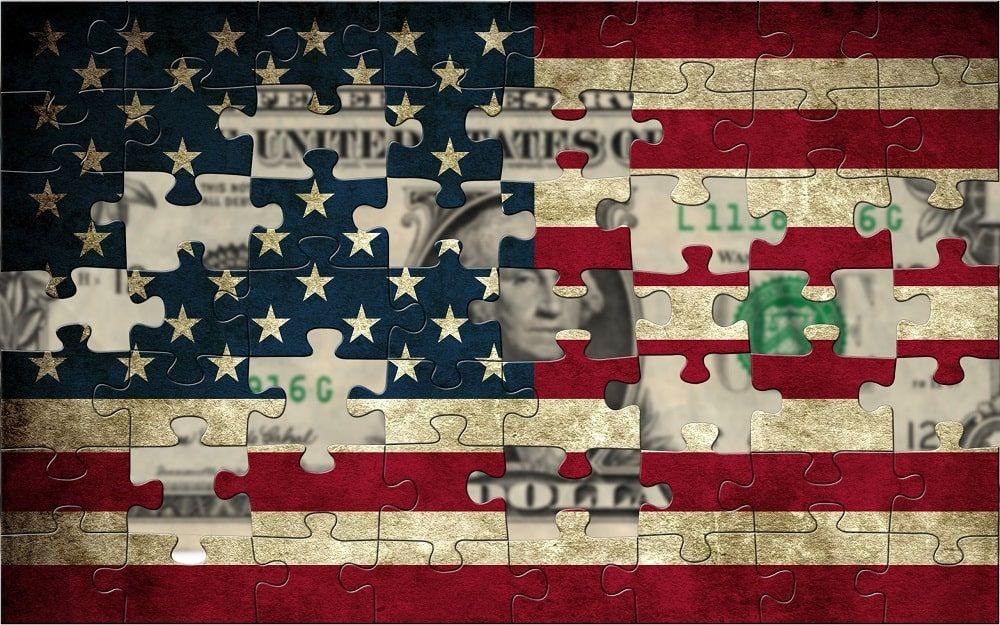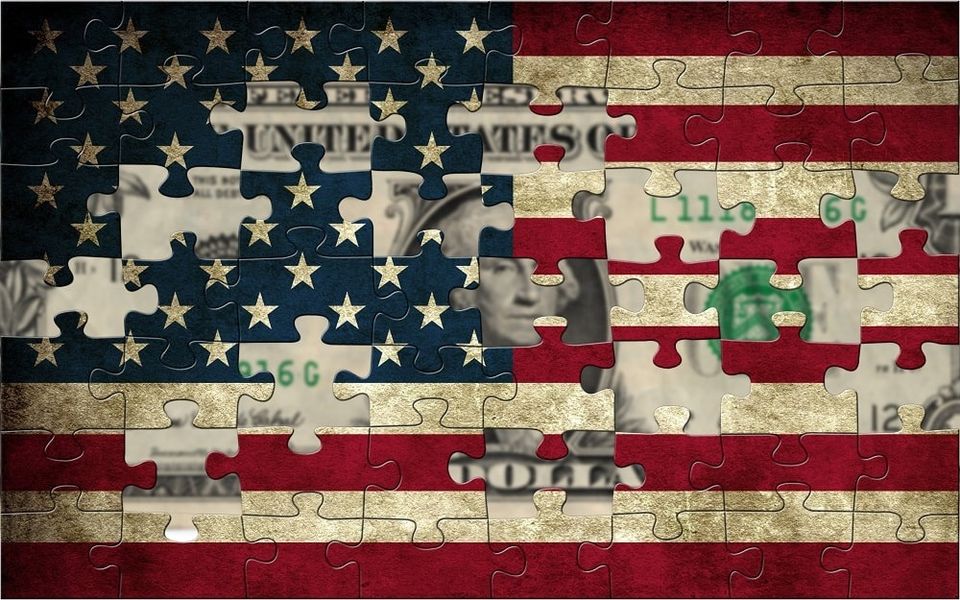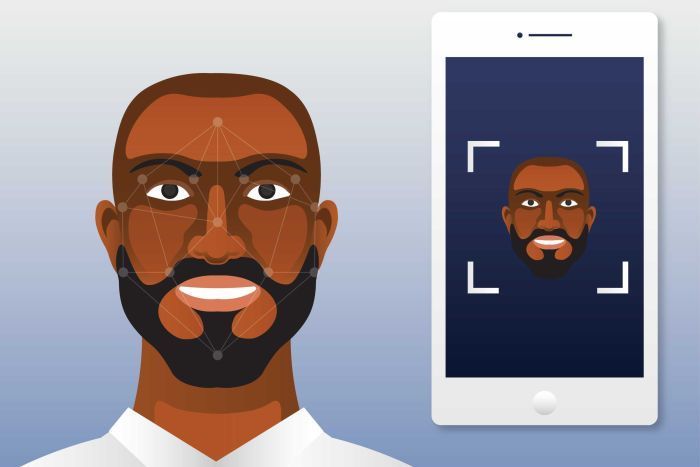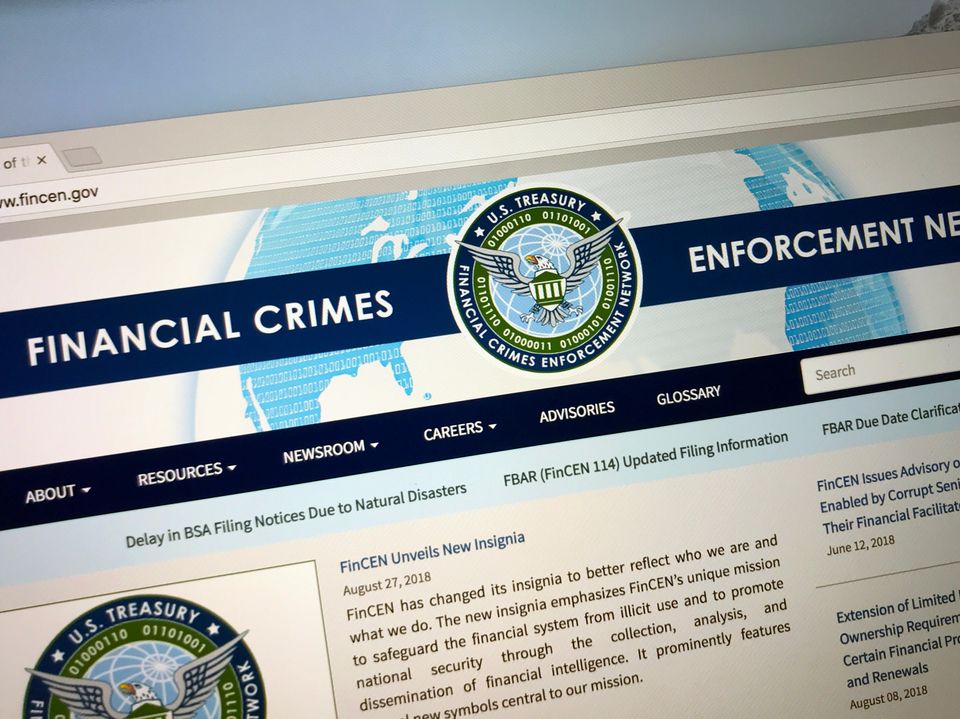
The Uniting and Strengthening America by Providing Appropriate Tools Required to Intercept and Obstruct Terrorism (USA PATRIOT) Act of 2001 or simply, the USA PATRIOT Act, is an amendment to the Bank Secrecy Act of 1970, providing the US government with a wide array of authority to combat terrorism. Title III - the International Money Laundering Abatement and Financial Anti-Terrorism Act of 2001, codified Know Your Customer (KYC), the principle financial institutions identify and verify their customers before engaging in business relations.
Specifically, Section 326 of the Patriot Act sets forth minimum compliance requirements that include:
(a) "verifying the identity of any person seeking to open an account to the extent reasonable and practicable;
(b) maintaining records of the information used to verify a person's identity, including name, address, and other identifying information; and
(c) consulting lists of known or suspected terrorists or terrorist organizations provided to the financial institution by any government agency to determine whether a person seeking to open an account appears on any such list."
Under the PATRIOT Act, financial institutions are required to implement a Customer Identification Program (CIP), and perform Customer Due Diligence (CDD), as well as ongoing monitoring for suspicious activity.
The PATRIOT Act has been the subject of much scrutiny largely due to some of its other provisions, notably, sections that bestowed heightened powers to the US government for domestic surveillance (including wiretapping) of its citizens. In 2019, a number of these provisions expired and were not renewed.
Title III of the PATRIOT Act has heavily influenced the practices of the modern financial industry by standardizing stricter KYC and AML requirements and increasing the enforcement authority of regulatory agencies such as FinCEN.





